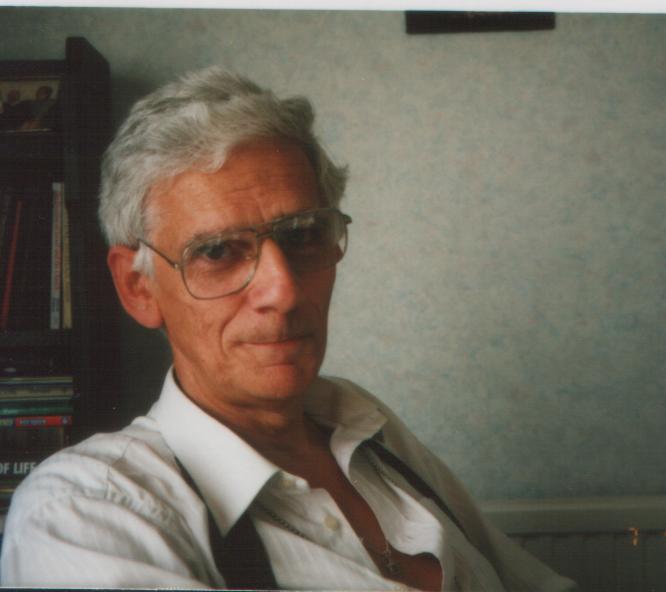A stupid question I know but does anyone out there manage to do any exercise?
I've had P.A. for over 43 years so I'm well acquainted with the weakness, fatigue, breathlessness etc. associated with it and up until now I have happily led a sedentary life.
However, in May this year I was diagnosed with Type 2 Diabetes and "told" that I must exercise....
So I bought a "mini exercise bike" which I programme to give me 20-25 minutes peddling a day whilst I can still sit in my armchair.
The problem is that I now feel more exhausted than ever before and am wondering whether the exercise is depleting my B12 levels too much - especially in the run up to my next four weekly injection.
I realize that tiredness is a symptom of both P.A. and diabetes so it's a bit of a double whammy and maybe at the age of 74 I should "expect" to be tired, but if there are any "fitness experts" on this forum who can give me some advice I would be most grateful.

 "
"